
Similar Posts
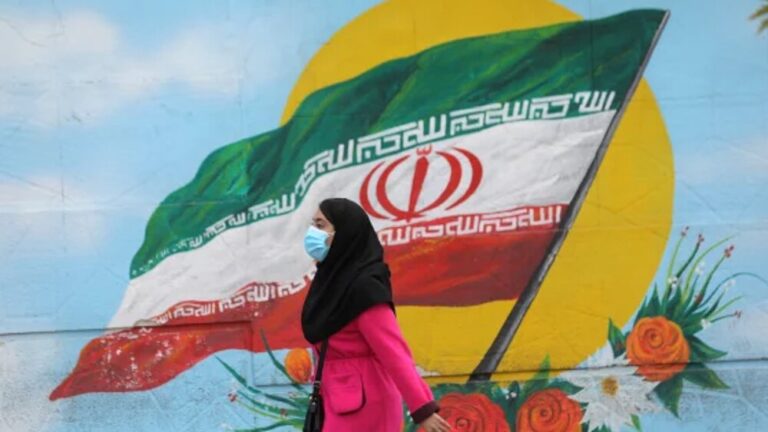
Iran’s Economic Renaissance: A Post-Islamic Revolution Revival
Iran’s economy faces inflationary pressures and rising commodity prices, challenging policymakers to achieve self-sufficiency, a key revolutionary ideology. The 1979 Islamic Revolution reshaped Iran, prioritizing economic aspirations for rural populations and improving access to essential services. Despite a population boom and historical sanctions, Iran’s GDP surged to over $401 billion by 2023, reflecting resilience against external pressures. To maintain sustainable growth, Iran must reduce oil dependency, foster knowledge-based industries, expand regional trade, and strengthen the private sector. A strategic focus on domestic production and self-reliance aims to transform challenges into opportunities for economic stability.
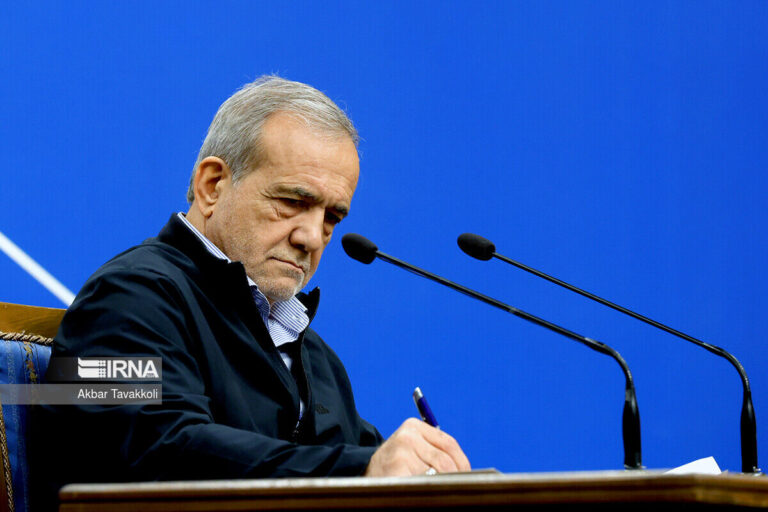
Iranian President Sends Warm Wishes for Pope Francis’ Health
Iranian President Masoud Pezeshkian expressed his heartfelt wishes for Pope Francis’s speedy recovery as the Pope deals with health issues, specifically pneumonia in both lungs. In a message shared on his X account, Pezeshkian conveyed his prayers for the Pope, who is currently hospitalized for treatment. The Vatican reported that the Pope’s clinical condition remains complex, prompting further therapy. At 88 years old, Pope Francis’s health has raised global concern, leading to an outpouring of prayers and well-wishes from around the world as updates on his condition are awaited.
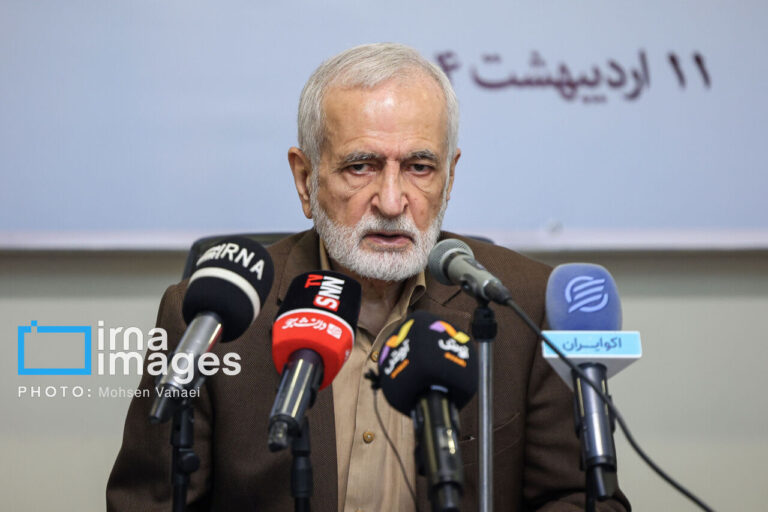
Strategic Council Leader Urges Regional Nations to Settle Disputes through Dialogue
Kamal Kharrazi, Head of the Strategic Council on Foreign Relations, emphasized a shift towards a multipolar world during the Tehran Dialogue Forum, highlighting the need for regional unity and dialogue among nations. He identified key players like China, India, Iran, Turkey, and Russia as essential to global affairs and called for organizations to seek autonomy from dominant powers. Kharrazi argued that a multipolar system could enhance social justice and equitable development. He criticized U.S. officials for their contradictory statements regarding Iran’s nuclear program and noted the need for improved dialogue between Iran and Arab countries, while lamenting Iran’s strained relations with Europe.
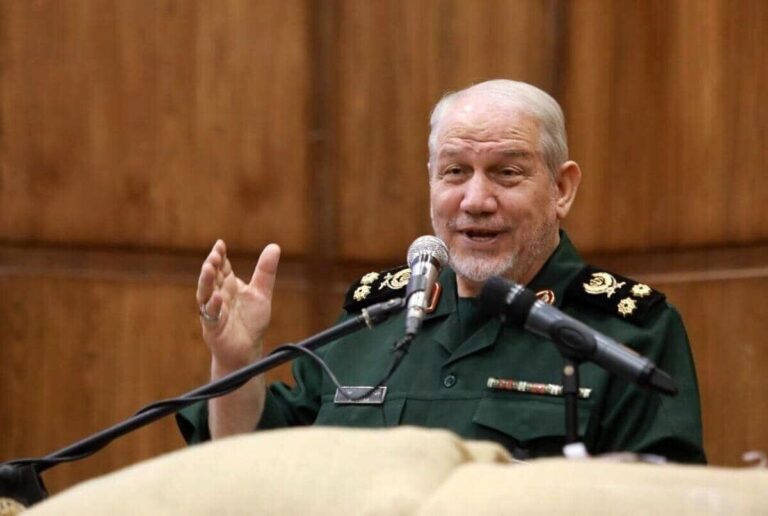
Iranian Leader’s Aide Warns: Regional Empire Ambitions Are Bound to Fail
Major General Yahya Rahim-Safavi, an adviser to Iran’s Supreme Leader Ayatollah Khamenei, recently condemned efforts by certain countries to establish a regional empire during a speech in Tabriz, East Azerbaijan. He asserted that such malicious agendas are destined to fail and criticized adversaries for attempting to revive ineffective historical tactics. Rahim-Safavi’s comments reflect a common viewpoint among Iranian officials about foreign influence and regional dynamics, emphasizing the need for national sovereignty and resilience against external pressures as tensions in the region escalate. His remarks highlight the changing geopolitical landscape and the ineffectiveness of outdated strategies.
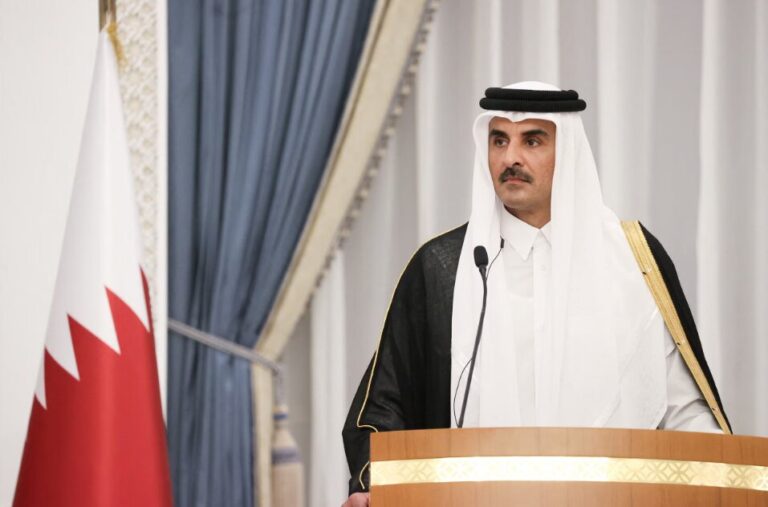
Qatar’s Bold Diplomatic Approach: Navigating Regional Crises with Principles
The ongoing military expansion of Israel in southern Syria and Lebanon emphasizes its historical roots in territorial growth, aiming to reshape the Middle Eastern geopolitical landscape. Israel’s military power, bolstered by American support and its nuclear arsenal, has prompted Arab nations, particularly Qatar, to enhance diplomatic efforts to counter these ambitions. Qatar has formally requested UN oversight of Israeli nuclear facilities and condemned Israel’s aggressive actions in Gaza and the West Bank. Strengthening ties with Iran, Qatar mediates regional conflicts and supports Palestinian resistance, asserting its independent foreign policy while opposing normalization with Israel.
